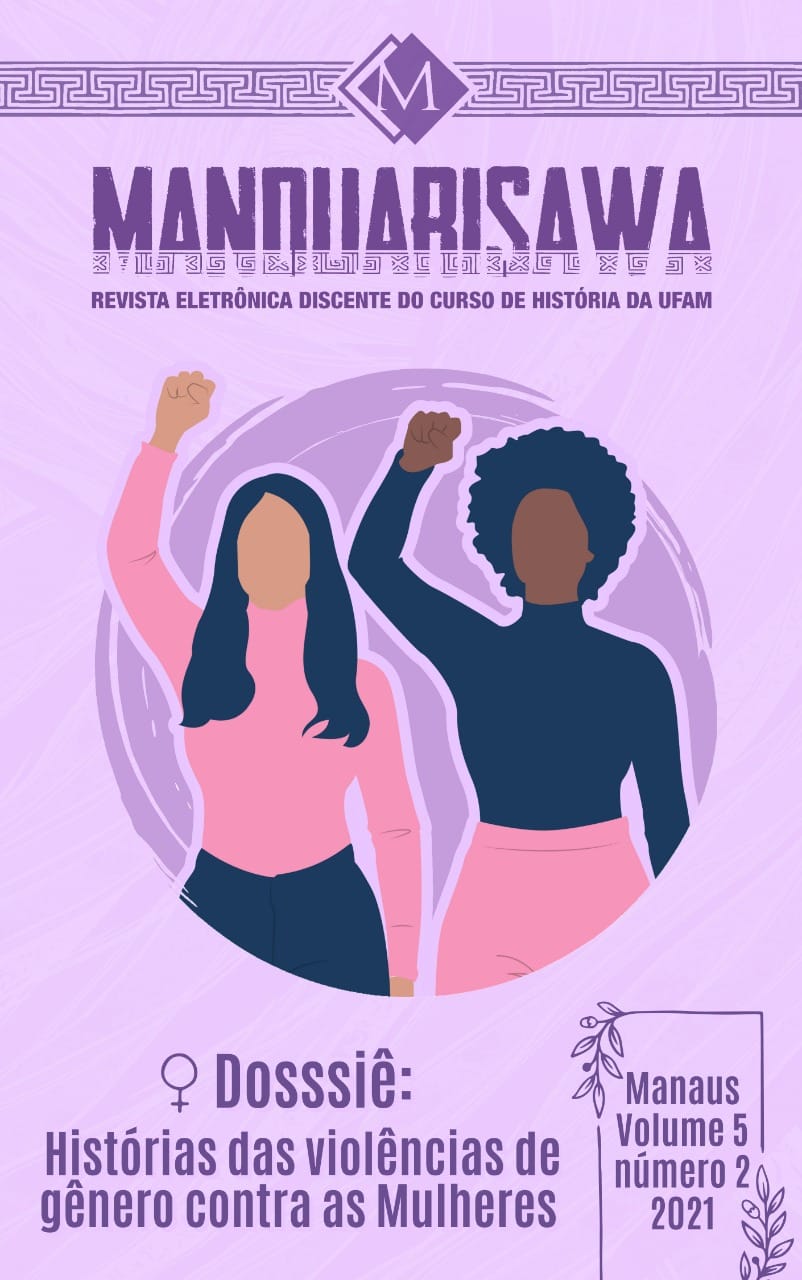O ESTADO NOVO NO AMAZONAS:
A ESTRATÉGIA POLÍTICO-ECONÔMICA DE ÁLVARO MAIA ATRAVÉS DO JORNAL DO COMMERCIO (1937-1942)
Abstract
At the end of 1937, then-President Getúlio Vargas staged a coup and established the Estado Novo, a dictatorship that ended only at the end of 1945. Vargas initiated a series of reforms in Brazil, encompassing politics, the economy, society and culture. The Amazon, after the height of the gum economy, which led to the urbanization of Manaus, generated immeasurable profits and wealth for a small elite and boosted the arrival of a large number of immigrants, going through a moment of economic stagnation. This research seeks to analyze, through local periodicals, the economic policy of the interventionist Álvaro Maia, focusing on urban workers in Manaus, a class widely courted by Vargas during the final period of his dictatorship.






